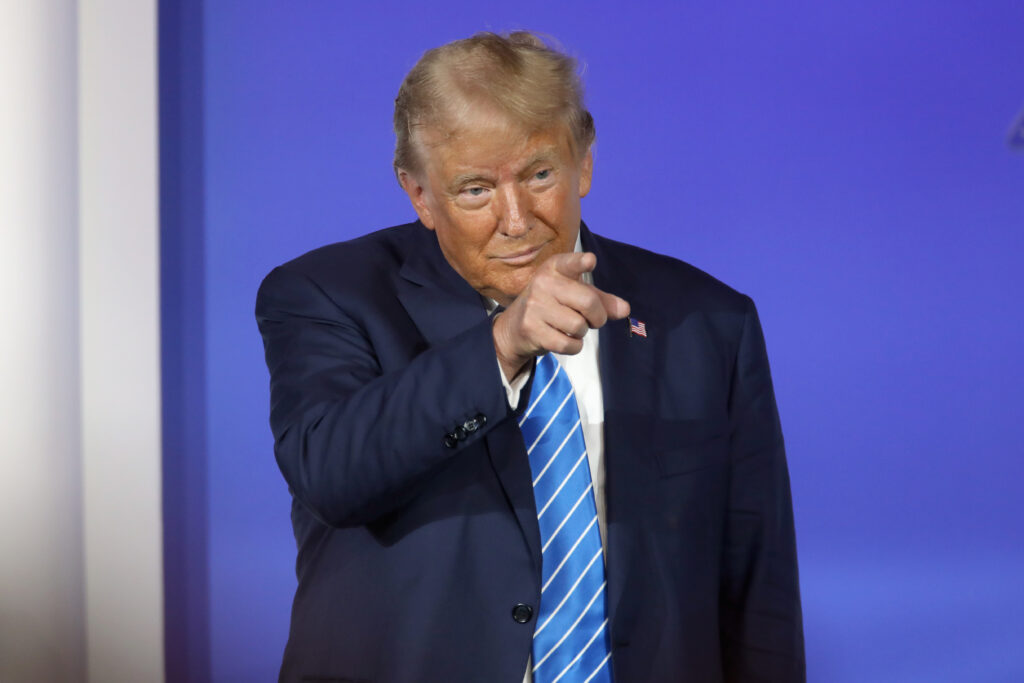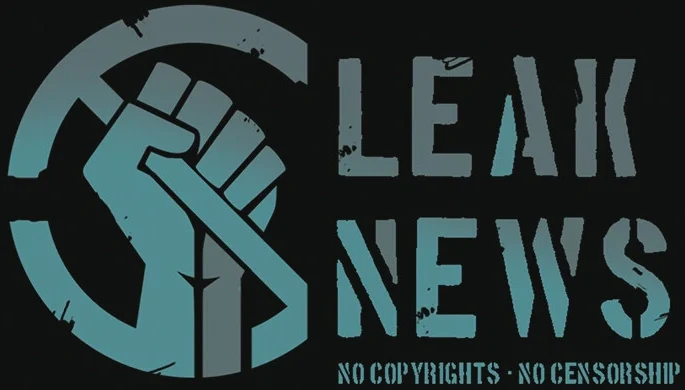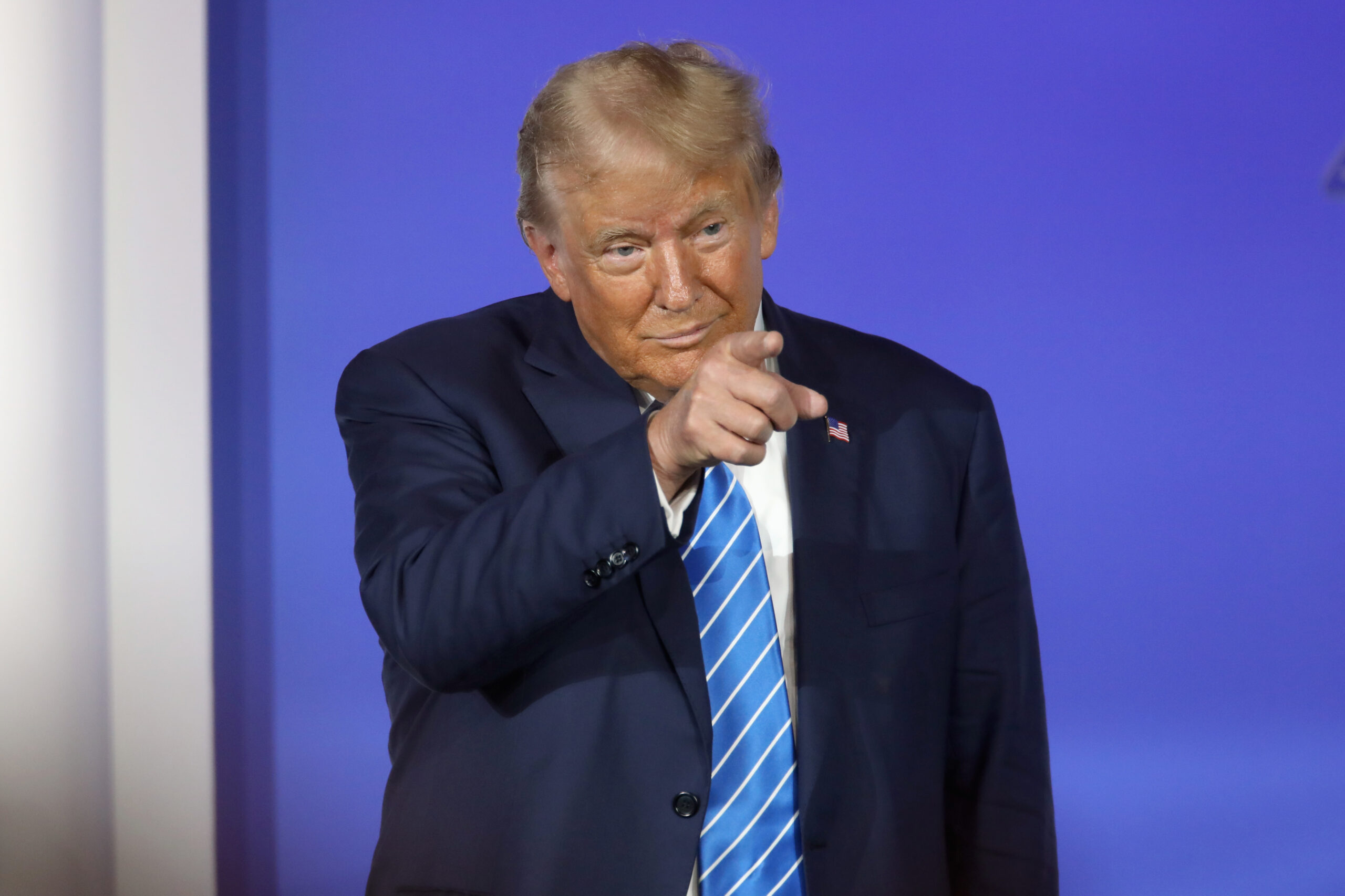In a watershed decision, the Colorado Supreme Court has wielded its gavel, deeming former President Donald Trump ineligible to grace the state’s 2024 presidential election ballots. The ruling stands as a historic moment, marking the first instance of the Republican frontrunner being barred from a ballot owing to his alleged incitement of the infamous Jan. 6, 2021, Capitol riot.
The court’s verdict, while resolute, bears a temporary caveat. While Trump’s exclusion is confirmed, the ruling’s enforcement is deferred until Jan. 4, awaiting potential appellate proceedings that may sway the judgment.
This landmark decision amplifies the ongoing legal wrangle encircling Trump’s candidacy across multiple states. While legal challenges in Minnesota and Michigan floundered, Colorado’s ruling now sets a new precedent by affirming that Trump’s alleged involvement in an “insurrection” disqualifies him from federal office under the U.S. Constitution’s Fourteenth Amendment.
The Colorado high court’s statement on the matter was unequivocal: “President Trump is disqualified from holding the office of President under Section Three of the Fourteenth Amendment to the United States Constitution.” Consequently, listing him as a candidate on the state’s presidential primary ballot would be deemed a wrongful act under the Election Code.

The legal saga unfurled when a group of six Colorado voters filed a lawsuit in September, contending that Trump’s actions during the Capitol riot rendered him ineligible for future ballots under the constitutional provision outlined in Section 3.
This provision expressly bars any individual who has engaged in insurrection or rebellion against the U.S. from assuming federal office. The lawsuit asserted that Trump’s role in inciting the riot, which led to a disruption in the certification of President Joe Biden’s victory, fell squarely within the definition of insurrection.
While a district court judge in Denver, Sarah Wallace, acknowledged Trump’s purported involvement in incitement, she ruled in November that his candidacy could proceed, reasoning that the office of president remained exempt from Section 3.
However, this decision faced appeals from both the plaintiffs and Trump himself, contesting Wallace’s characterization of his actions as constituting insurrection.
After a deliberation that commenced on Dec. 6, the Colorado Supreme Court delivered its decisive pronouncement, ushering in a pivotal moment in the intersection of law, politics, and the aftermath of a tumultuous event that reverberated across the nation.
This breaking development beckons attention and anticipates further updates in the unfolding legal drama. Stay tuned for the evolving narrative.





